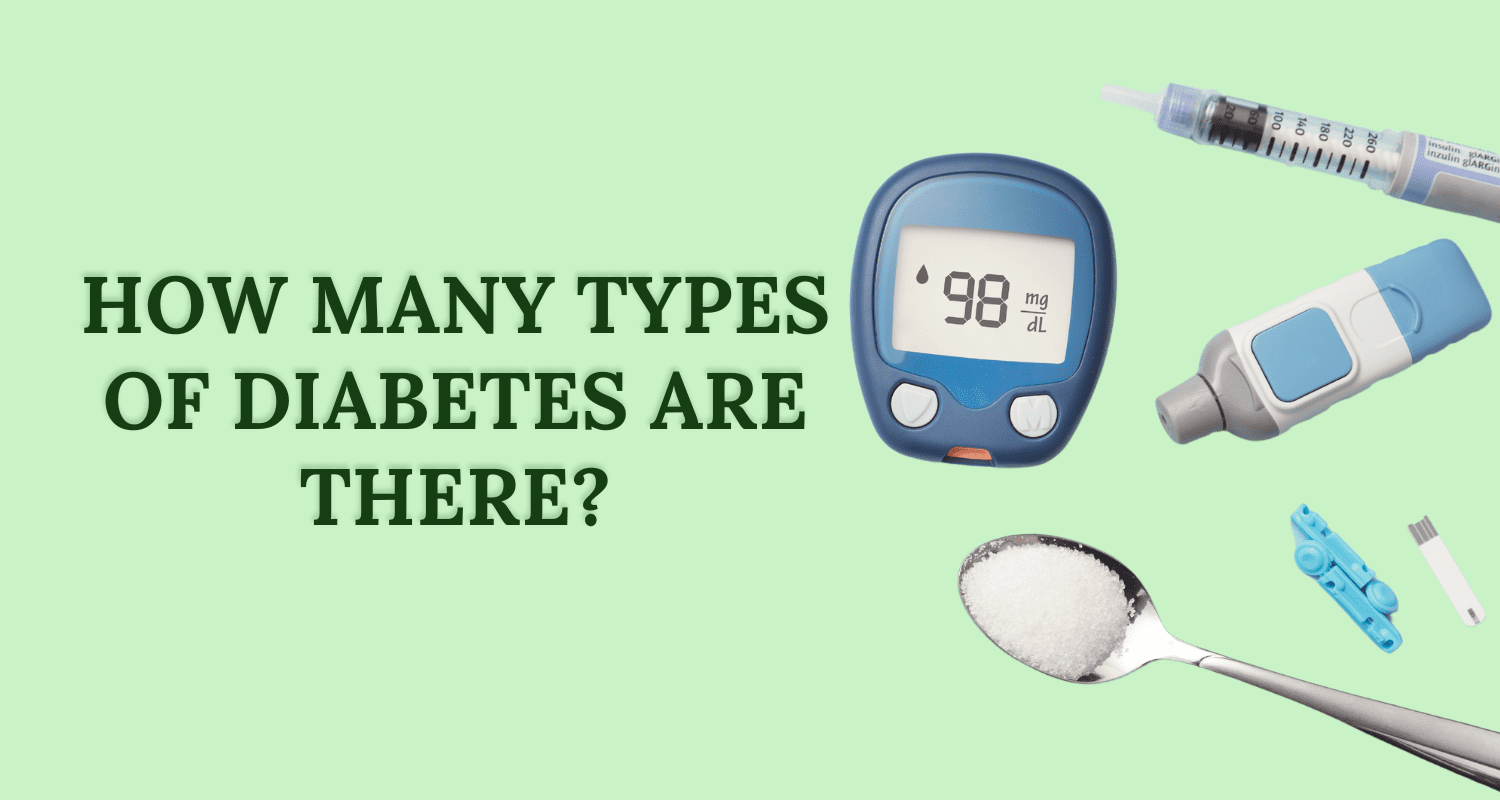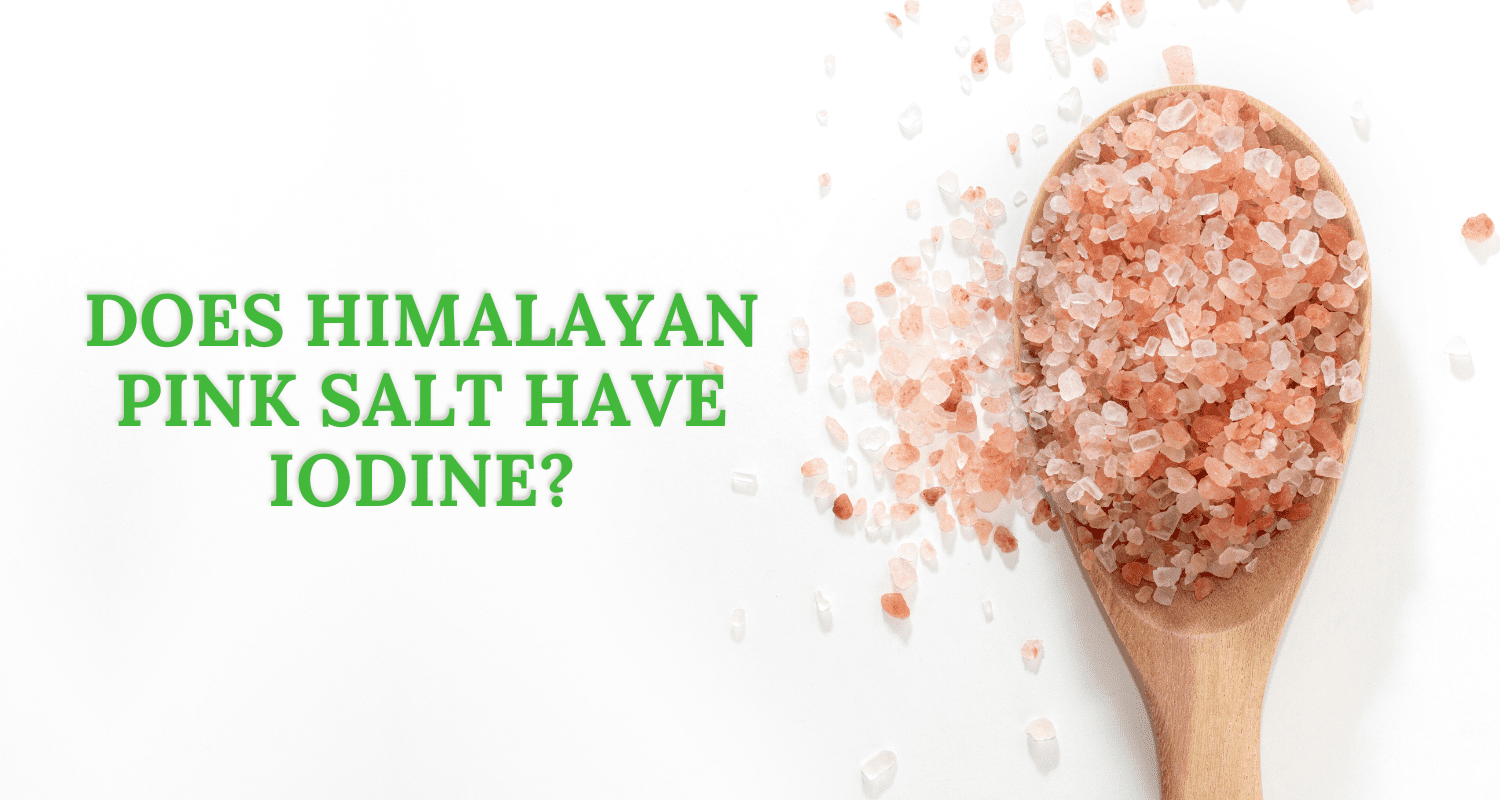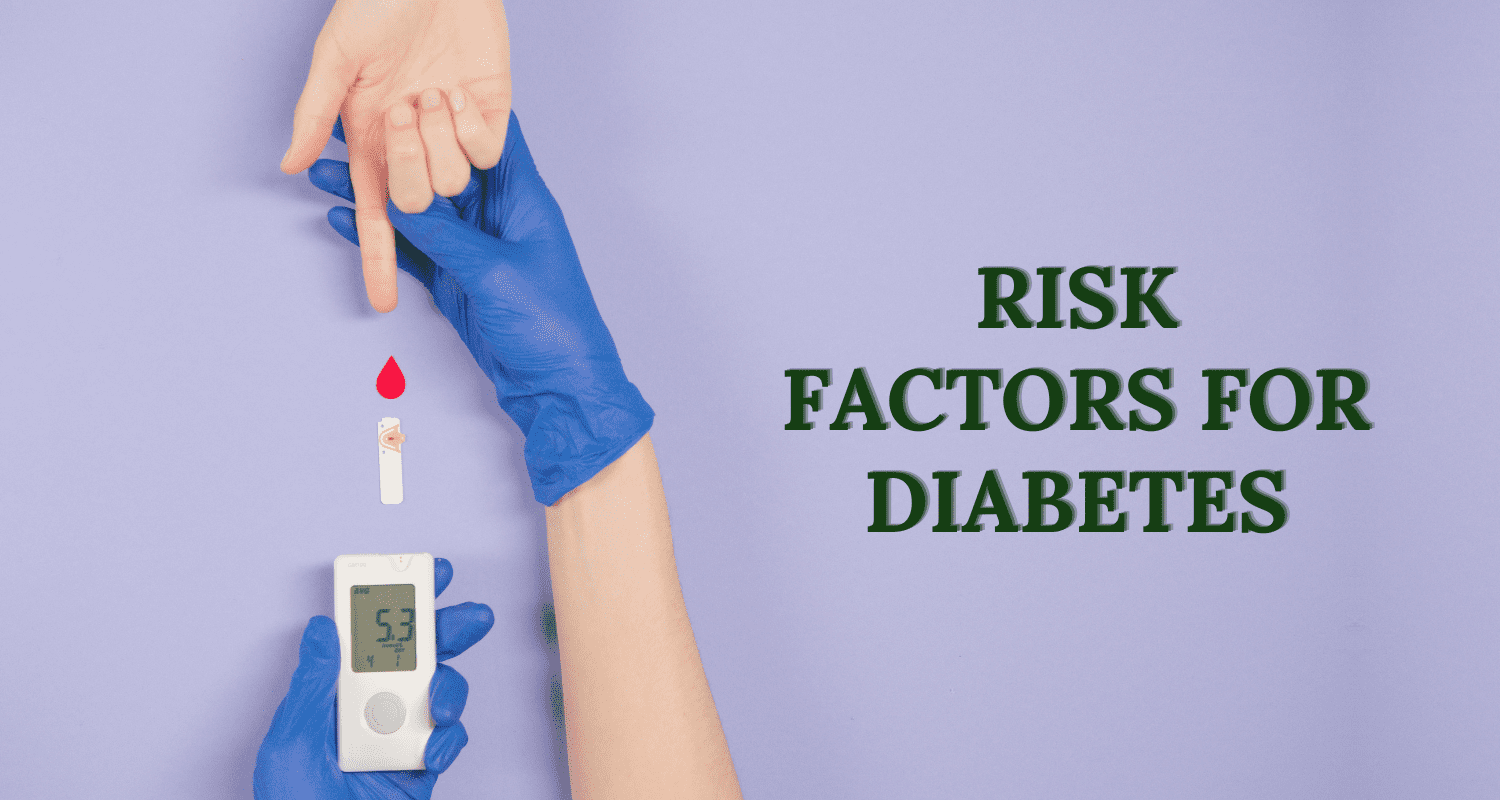Did you know that lack of sleep could potentially lead to high blood pressure?
Sleep deprivation has become a prevalent issue in today’s fast-paced society, impacting millions of individuals worldwide.
However, the consequences of inadequate sleep extend beyond feeling tired or groggy.
Studies have suggested a strong connection between sleep and hypertension, emphasizing the importance of quality rest for maintaining optimal blood pressure levels.
In this article, we’ll explore can lack of sleep cause high blood pressure, and importance of sleep, risk factors for overall wellness.
Let’s dive in and explore can lack of sleep cause high blood pressure.
Key Takeaways:
- Can lack of sleep cause high blood pressure? Yes, sleep deprivation has been linked to an increased risk of developing high blood pressure.
- Insufficient, lack of sleep as a risk factor for high blood pressure, which can disrupt the body’s natural regulatory systems, potentially leading to hypertension.
- Data suggests a correlation between poor sleep quality, including sleep duration and sleep disorders, and the development or worsening of high blood pressure.
- Prioritizing healthy sleep habits is crucial for maintaining optimal blood pressure levels and overall cardiovascular health.
- Seeking professional help for chronic sleep deprivation or sleep disorders can help mitigate the risk of developing hypertension.
Understanding the Impact of Insufficient Sleep on Blood Pressure
In this section, we will delve deeper into the impact of insufficient sleep on blood pressure.
Quality sleep plays a crucial role in managing blood pressure levels, and its importance should not be underestimated. When we do not get enough sleep, it can have significant consequences on our cardiovascular health, including the regulation of blood pressure.
Research has shown a clear connection between inadequate sleep and an increased risk of developing hypertension.
Insufficient sleep can disrupt the body’s natural regulatory systems, causing imbalances in hormones and chemicals that play a key role in blood pressure control. This disruption can lead to sustained high blood pressure levels over time.
Additionally, a lack of quality sleep can also impact the sympathetic nervous system, which is responsible for regulating blood pressure and other bodily functions.
When we don’t get enough sleep, the sympathetic nervous system becomes overactive, leading to increased blood pressure and placing a strain on the cardiovascular system.
To manage blood pressure effectively, it is crucial to prioritize quality sleep.
This means aiming for the recommended seven to nine hours of sleep per night and establishing healthy sleep habits.
Creating a conducive sleep environment, practicing relaxation techniques, and maintaining a consistent sleep schedule can all contribute to better sleep quality.
The Importance of Quality Sleep for Managing Blood Pressure
Quality sleep is essential for managing blood pressure and overall cardiovascular health.
When we consistently experience insufficient or poor-quality sleep, the risk of developing or worsening hypertension increases.
On the other hand, getting enough high-quality sleep can help regulate blood pressure levels and reduce the risk of hypertension.
- Quality sleep promotes optimal hormonal balance, including the regulation of stress hormones like cortisol. Adequate sleep helps keep cortisol levels in check, preventing its excessive production, which can contribute to high blood pressure.
- During sleep, the body undergoes a process of restoration and repair, including cardiovascular restoration. This promotes healthy blood vessels and proper blood flow, contributing to optimal blood pressure.
- Getting enough sleep also benefits overall heart health. It helps regulate heart rate and rhythm, reduces inflammation, and supports the body’s natural processes of repairing damage to the cardiovascular system.
By prioritizing quality sleep and adopting good sleep practices, such as maintaining a consistent sleep schedule and creating a bedtime routine, individuals can actively manage their blood pressure levels and reduce the risk of developing hypertension.
It is important to recognize the impact that sleep has on blood pressure and take proactive steps to ensure sufficient, restful sleep for optimal cardiovascular health.
Sleep Deprivation as a Risk Factor for High Blood Pressure
Inadequate sleep can have significant implications for blood pressure levels, elevating the risk of developing high blood pressure.
Lack of sleep is increasingly recognized as a risk factor for hypertension, necessitating a closer examination of how sleep affects blood pressure.
One of the ways sleep deprivation influences blood pressure is through increased sympathetic nervous system activity.
When we don’t get enough sleep, our body’s stress response is heightened, releasing stress hormones like cortisol. This hormonal imbalance can contribute to elevated blood pressure levels.
Additionally, lack of sleep can disrupt the body’s production of essential chemicals and hormones that help regulate blood pressure, such as renin and aldosterone.
Adequate sleep is essential for maintaining a healthy balance of these hormones and chemicals, promoting overall cardiovascular well-being.
Hence, chronic sleep deprivation or poor sleep quality can contribute to imbalances in the body, potentially leading to hypertension.
How Sleep Affects Blood Pressure Levels
- Sympathetic Nervous System Activation: Lack of sleep can trigger increased sympathetic nervous system activity, which can raise blood pressure levels.
- Hormonal Imbalances: Inadequate sleep can disrupt the production of renin and aldosterone, leading to imbalances in the body that can contribute to high blood pressure.
- Inflammation and Oxidative Stress: Sleep deprivation has been linked to increased inflammation and oxidative stress, both of which can negatively impact cardiovascular health and elevate blood pressure levels.
- Endothelial Dysfunction: Insufficient sleep has been associated with impaired endothelial function, affecting the ability of blood vessels to dilate and regulate blood flow, potentially leading to high blood pressure.
Addressing sleep deprivation and ensuring an adequate amount of sleep each night is crucial for managing blood pressure levels and reducing the risk of hypertension.
By prioritizing sleep hygiene, individuals can take proactive steps toward overall cardiovascular well-being.
The Correlation Between Sleep Quality and Hypertension
In recent years, various studies have explored the correlation between sleep quality and hypertension, shedding light on the impact of inadequate sleep on blood pressure levels.
Poor sleep quality, encompassing factors such as sleep duration and sleep disorders, has been found to have a significant association with the development or worsening of high blood pressure.
One key area of investigation has been the effect of sleep duration on blood pressure.
Research suggests that both short and long sleep durations are linked to an increased risk of hypertension.
A study conducted by the American Heart Association found that individuals who slept less than seven hours or more than eight hours per night had a higher prevalence of hypertension compared to those who slept between seven and eight hours.
Furthermore, sleep disorders such as sleep apnea and insomnia have been closely examined for hypertension.
Sleep apnea, characterized by pauses in breathing during sleep, has been shown to significantly raise the risk of high blood pressure.
Studies have revealed that individuals with untreated sleep apnea are more likely to develop hypertension and experience resistant blood pressure control.
Insomnia, another common sleep disorder, has also been associated with an increased risk of hypertension.
Individuals with chronic insomnia often have difficulty falling asleep, staying asleep, or waking up too early. The persistent disruption of the sleep-wake cycle can contribute to heightened blood pressure levels and the development of hypertension.
It is important to note that the underlying mechanisms explaining the link between sleep quality and hypertension are multifaceted.
Sleep deprivation and poor sleep quality can disrupt the body’s natural regulatory systems, leading to imbalances in hormones and chemicals that influence blood pressure, such as increased sympathetic nervous system activity and elevated levels of stress hormones like cortisol.
Given the strong connection between lack of sleep and high blood pressure, prioritizing healthy sleep habits becomes imperative for maintaining optimal blood pressure levels and overall cardiovascular health.
Consistently practicing good sleep hygiene, such as maintaining a regular sleep schedule, creating a comfortable sleep environment, and practicing relaxation techniques, can significantly improve sleep quality and reduce the risk of developing or exacerbating hypertension.
Conclusion
In conclusion, Can lack of sleep cause high blood pressure? Yes, lack of sleep can have a significant impact on high blood pressure.
Quality sleep plays a vital role in maintaining optimal blood pressure levels and overall cardiovascular health. When we consistently deprive ourselves of sufficient sleep, we put ourselves at risk of developing hypertension.
It is crucial to prioritize healthy sleep habits and establish a consistent sleep routine.
Setting a regular bedtime, creating a conducive sleep environment, and practicing relaxation techniques can help improve sleep quality.
Additionally, can lack of sleep cause high blood pressure, addressing any underlying sleep disorders, such as sleep apnea or insomnia, is essential in mitigating the risk of developing hypertension.
If you find yourself experiencing chronic sleep deprivation or struggling with sleep-related issues, it is recommended to seek professional help.
Consulting with a healthcare provider or sleep specialist can provide valuable insights, guidance, and potential treatment options to address your specific sleep concerns.
FAQs
Can lack of sleep cause high blood pressure to rise?
Yes, consistently insufficient sleep can lead to higher blood pressure levels over time.
What are the side effects of lack of sleep?
Side effects of sleep deprivation may include fatigue, irritability, difficulty concentrating, and increased risk of health issues like hypertension.
What happens when you don’t get enough sleep?
Not getting enough sleep can affect cognitive function, mood, and immune system function, and increase the risk of chronic health conditions such as hypertension and heart disease.
Does sleeping reduce blood pressure?
Yes, adequate and quality sleep can help in regulating blood pressure levels.
How can I drop blood pressure quickly?
Methods to quickly lower blood pressure include relaxation techniques, physical activity, reducing sodium intake, and maintaining a healthy weight.
Is 140 a good blood pressure?
A blood pressure reading of 140/90 mmHg or higher typically indicates hypertension and should be monitored and managed with lifestyle changes and/or medication.
Is 130/90 blood pressure normal?
A blood pressure reading of 130/90 mmHg falls within the range of hypertension (high blood pressure) and may require intervention to manage.
Does sleeping more increase BP?
Sleeping more doesn’t necessarily increase blood pressure, but consistently oversleeping may be associated with health conditions that can affect blood pressure levels.
Can drinking water lower blood pressure?
Staying hydrated is important for overall health, but drinking water alone may not significantly lower blood pressure. However, it can contribute to a healthy lifestyle that supports blood pressure management.
Disclaimer: This content, including advice, provides generic information only. It is not a substitute for a qualified medical opinion. Always consult a specialist or your doctor for more information. Nutrition Cult does not claim responsibility for this information.




